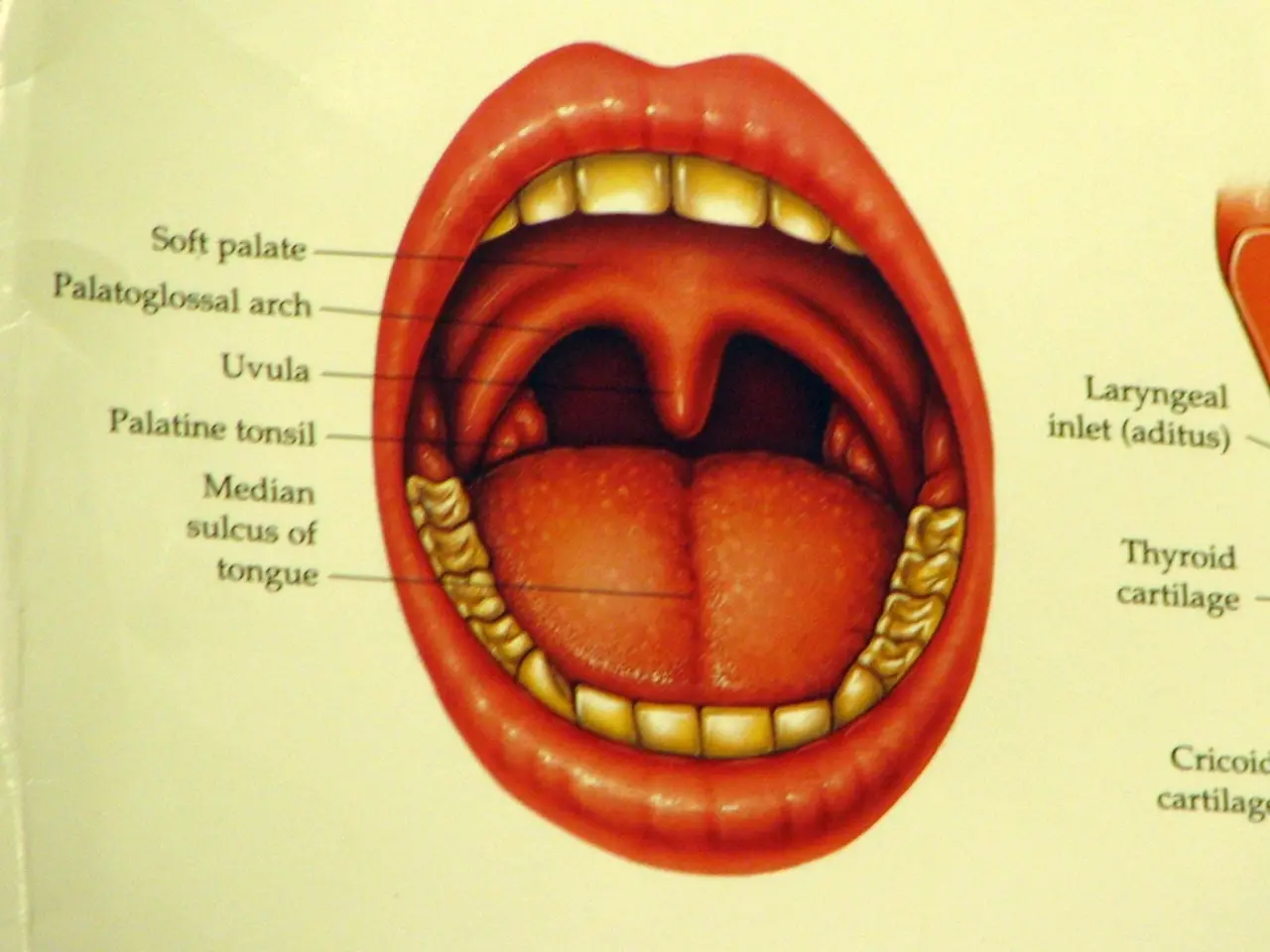Brain Manipulation Through Daily Routines: An Unnerving Revelation
In the complex world of human behavior, habits play a significant role in shaping our daily lives. Recent research in neuroscience has provided valuable insights into the neurobiology of habits, offering a clear pathway to change them effectively.
Approximately 75% of our habitual behaviors are triggered by the same daily cues, forming a loop that centers largely on the basal ganglia, a brain area responsible for automating habitual behavior. This "habit loop" makes actions automatic and efficient, freeing cognitive resources for other tasks. However, habits can become deeply ingrained and difficult to change without deliberate intervention.
Effective change of habits requires disrupting or rewriting the habit loop. Identifying and altering cues is critical, as these trigger the habitual routine. Replacing the existing routine with a new, healthier behavior while preserving the original reward helps retrain the brain’s basal ganglia circuits. Positive reinforcement, or reward, is more effective than punishment for sustaining change, as it strengthens new neural connections and motivation.
Environmental and social factors also strongly influence habits, so structured contexts and social accountability can support persistent behavioral change. Techniques like "urge surfing," leveraging identity and purpose alignment, and starting with small, consistent habits that grow over time can counteract the automaticity of habit loops by engaging higher brain functions like the prefrontal cortex.
Neurological priming demonstrates that mental rehearsal activates many of the same brain regions as physical performance, making it a powerful tool for habit change. Even subtle environmental modifications can significantly impact neural pathways, providing another avenue for change.
The brain continuously adapts to experience, a process known as neuroplasticity. This represents both the challenge and the opportunity of habit change. With proper understanding and consistent application of brain-based strategies, even the most entrenched neural circuits can be rewired.
However, it's important to note that completely eliminating established neural pathways is extremely difficult. Substitution behaviors must deliver rewards comparable to the original habit to effectively rewire the neural circuit. Habits form most effectively when behaviors are initially simple and gradually increase in complexity.
Emotionally enriched mental rehearsal accelerates neural pathway formation by up to 40% compared to neutral practice, suggesting the potential of harnessing emotions for effective habit change. The most empowering insight from neuroscience research is that habits are not destiny but design, offering hope for those seeking to change their habits for the better.
Finally, it's essential to understand that the brain responds to clusters of environmental signals rather than isolated cues. Deliberate reward scheduling leverages the brain's response to intermittent reinforcement, providing another strategy for effective habit change. When activated, habits become temporarily malleable, offering a window of opportunity for change.
In conclusion, understanding the neurobiology of habits provides a clear pathway to change them effectively. By targeting the cue-routine-reward cycles within the basal ganglia and supporting cognitive control mechanisms, we can rewire our brains and transform our habits for the better.
- Incorporating technology, such as reminder apps and habit trackers, into our health-and-wellness routines can aid in managing habit change by providing deliberate reward scheduling, thereby leveraging the brain's response to intermittent reinforcement.
- To further support mental health, seeds of science-based techniques like positive psychology interventions ( PPIs), such as gratitude journaling, cognitive-behavioral therapy (CBT) techniques, and mindfulness practice, can be integrated into our daily lives as part of the process of developing new, healthy habits.




